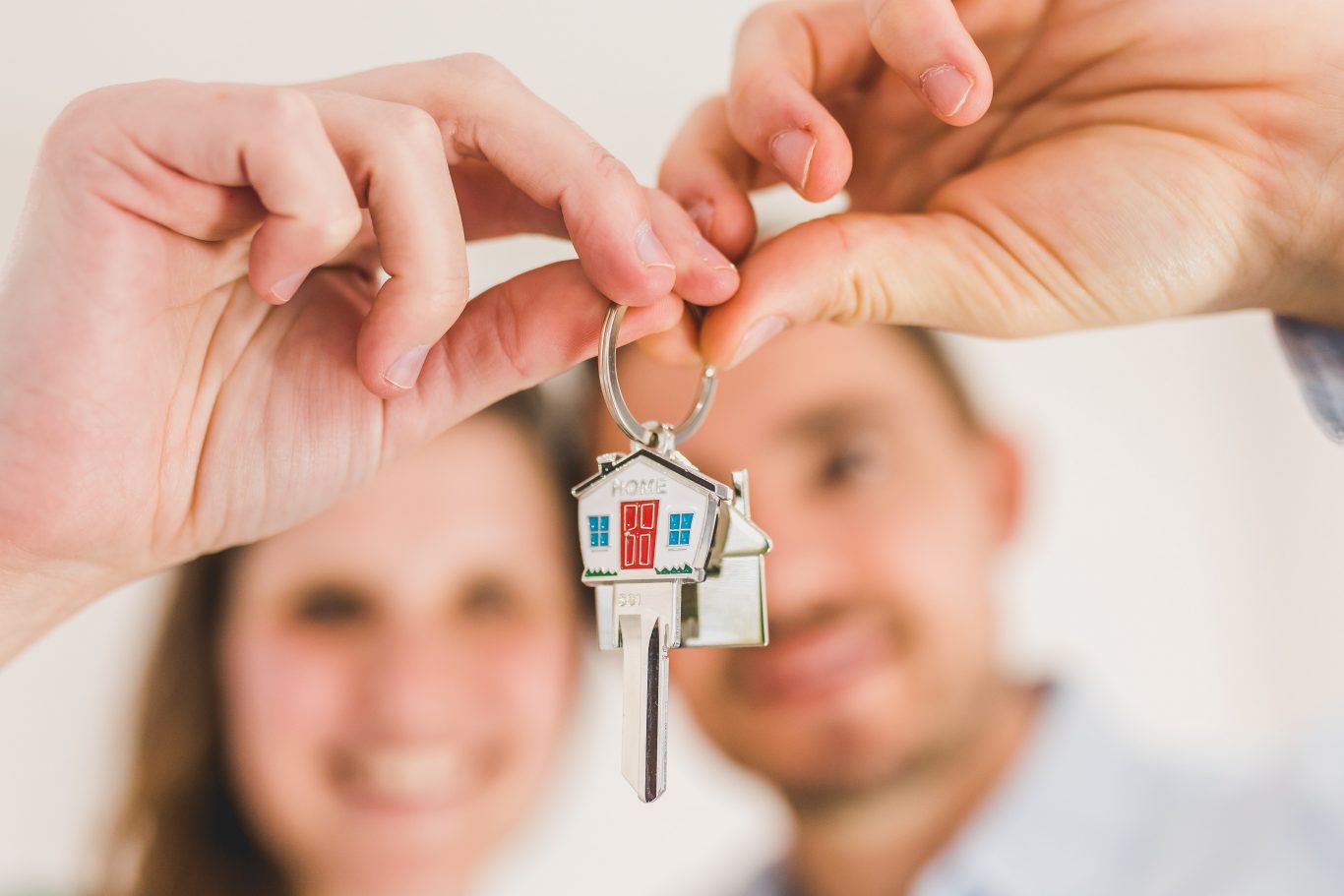One of the blessings given to a new bride and groom is to build a bayit ne’eman b’Yisrael (roughly translated as a faithful home in Israel). With housing prices appearing to rise on a daily basis, that seems to be an increasingly elusive blessing. If owning a home in Israel in the past was mostly attainable for our society at large, a growing number of people are currently being priced out of a seemingly expensive and possibly inflated housing market.
Property prices in Israel have been rising consistently since 2008 despite various creative schemes by a series of governments. Whereas some of the programs offered a discount to a small number of fortunate recipients, they did not manage to bring down prices across the board. The all-time low interest rates have contributed greatly to the higher prices, especially in the major centers, where increased income and low interest rates have allowed higher income earners to take big mortgages and push up prices. So, is it still worth buying a home in the current housing climate?
What is your personality?
A house, more than any other major expense, has a huge emotional, communal, prestige and even religious component. I believe that a house/apartment should not be viewed as an investment (although one always hopes that it will appreciate in value) but as a home to live in. If permanence and stability is of overriding importance to you, then renting is a less desirable option. Many retirees moving to Israel don’t want to be finding a rental every few years as they establish a place in a community. However, if you are young and you see moving homes periodically as an adventure, or even just not a deterrent, then renting is a much more viable long-term option.
Rent vs buy
If you are content to rent and your income is high enough, you can afford to rent in your preferred location as rent to value ratios (annual rent divided by the value of the property) are very low in Israel (generally in the range of 2-3% a year). A major advantage of renting is that your current and future savings can be invested to work for you in the stock market or in alternative investment options. A couple of years ago the Bank of Israel produced reports showing that over the long-term, gains from stock market investing have been consistently higher than the capital appreciation of Israel real estate. Meaning that as long as your investments grow in pace with real estate growth, you will always have the flexibility to buy a property in the future.
What can you afford?
If you have decided that you want to own your home, you must assess your current and future expected financial situation. After likely making a sizable down payment from your savings, the bottom line is that you need to be able to afford the ongoing cost of the mortgage. Assess your income stream(s) both current and projected, and work out what size mortgage you will be able to pay off comfortably. Many times, people will use a “no more than 30% of your income” rule of thumb to determine how much you can afford but this is often not applicable, especially if you expect your income to grow substantially, or alternatively if your income is very unstable. Err on the side of caution when calculating or estimating your income. It is very tempting to overextend if there’s a particular area or property that you want, but be careful. Even if your backup plan is to sell the property, don’t underestimate the stress involved trying to make mortgage payments you can’t afford, with lenders knocking at your door. If your desired location or property size are out of your budget, consider shelving the buying option (see renting above), or adjust your expectations.
Those in the high-tech sector benefit not only from high salary, but also the potential income from options and buyouts. This higher income potential gives younger couples more flexibility to buy, even at today’s prices, if the higher mortgage won’t cause too much monthly stress. Just be prepared to downsize if the promised income doesn’t materialize.
Young couples
If you have children contemplating buying a home, they need to work through the same process. Financial education should be part of the school curriculum, but in its absence, it is our duty to educate our children to be financially responsible and live within their means. Discuss the above points with them so they can decide if they want to rent or buy, and how much debt they can afford to take on. If they internalize these processes when young, you are really setting them up for long-term financial stability and a bayit ne’eman b’Yisrael.
The above points apply equally to veteran homeowners and those just starting out. No one should feel pressured into buying at prices that they fundamentally cannot afford! Markets go up but they also come down and while the market has been very strong over the last 13 years in Israel, there is no guarantee that it will continue to go up. Don’t let the hype around the property prices cause you to make irrational or irresponsible decisions. Consider if renting or buying suits you better. Assess your finances and don’t let your emotions color your decision-making. Behatzlacha raba.










Leave a Reply